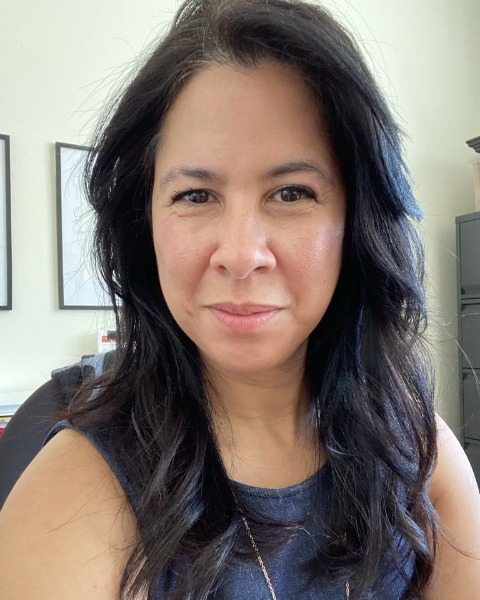Technology
Does social media use impact mental health literacy? An exploratory study.
(PS10-A19) Does Social Media Use Impact Mental Health Literacy? An Exploratory Study
- SJ
Samuel T. Jackson, M.A.
Doctoral Student
St. John's University
Rego Park, New York - SL
Shari Lieblich, B.S.
Graduate Student
St. John’s University
Flushing, Pennsylvania - YN
Yekaterina Nikiforova, M.A.
Doctoral Student
St. John’s University
Queens, New York 
Tamara Del Vecchio, Ph.D.
Professor & Chair
St. John’s University
Queens, New York- AJ
Allison J. Jaeger, Ph.D.
Assistant Professor
Mississippi State University
Starkville, Mississippi
Author(s)
Co-Author(s)
Social media sites such as Twitter and TikTok have become a popular method for sharing information about mental health, with 17 billion views on the #MentalHealth tag on TikTok alone (Zenone et al., 2021). While the quality of information being shared is largely unknown, studies on health misinformation generally have found that the proportion of misleading posts ranges from 30% to 87% (Suarez-Lledo et al., 2021). There is cause for concern about potential mental health misinformation because it may negatively impact mental health literacy (MHL; Chou et al., 2018). Previous research has shown that low MHL is associated with a lower likelihood of help-seeking (Jorm, 2012). However, much is still unknown about the association between social media use and MHL. This exploratory study sought to address this gap. Participants in this study were 216 undergraduate psychology students recruited via the university’s SONA system. Participants were asked which types of sources they had used to learn about mental health and could select multiple options from the following: social media, non-social media websites, books, TV, medical doctors, therapists/counselors, psychologists, family, friends, and teachers/professors. Participants also completed a knowledge-oriented MHL scale, which measures participants’ knowledge of the symptomatology of common disorders and effective mental health treatments. The three most selected information sources were teachers/professors (62.5% of participants), friends (59.7%), and family (49.5%). Only 32.9% of participants selected social media as an information source. Approximately half (n = 115) of participants demonstrated they were knowledgeable to very knowledgeable about mental health evidenced by scores of 4.00 or greater (out of 5.00) on the knowledge-oriented MHL measure. These participants were then coded as “high-knowledge” and the remaining 101 participants as “low-knowledge.” A contingency table revealed that high-knowledge participants were only very slightly less likely to select social media than low-knowledge participants (32.2% compared to 33.7%). However, they appeared more likely than low-knowledge participants to select non-social media websites (21.7% compared to 13.9%), psychologists (42.6% compared to 35.6%), and therapists/counselors (51.3% compared to 44.6%) as information sources, though they were also more likely to select family (53.9% compared to 44.6%) and friends (65.2% compared to 53.5%). These exploratory results demonstrate that social media may not be a primary information source for young adults to learn about mental health. Furthermore, social media use does not appear to differ between high- and low-knowledge participants. However, high-knowledge participants may be more likely to utilize mental health professionals for information. Future research should continue to explore these associations to better understand how young adults use social media and how it impacts their MHL.

